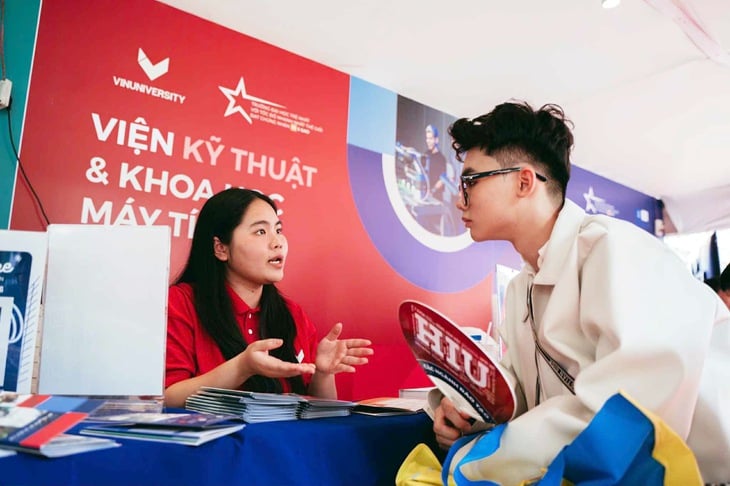
Students learn information at the University Admissions Choice Day organized by Tuoi Tre newspaper - Photo: THANH HIEP
The application of artificial intelligence (AI) in the career guidance process will achieve efficiency from analyzing students' abilities, forecasting labor trends to suggesting smart aspiration strategies. This is a new opportunity to help the 2K8 generation of students choose the right major, the right school, reduce pressure and be more confident before university.
Not yet clear about the industry you will choose
The 2025 university admissions season has recorded a record number. That is, more than 849,000 candidates submitted 7.6 million wishes, an average of nearly 9 wishes per student - nearly double compared to 2024.
This shows that the more you register, the more secure you feel. But in reality, nearly 20% of candidates are admitted but do not confirm their enrollment, and not to mention many students who are admitted are not interested in their major, leading to them changing majors, dropping out of school, wasting time and money. The core problem is not the number of wishes, but whether or not they clearly understand which major they are suitable for.
For many years, students have mainly chosen their majors based on: exam scores compared to previous years' benchmark scores; opinions of parents, teachers, friends; information they have access to or social trends ("hot" majors). This approach easily leads to "choosing majors based on trends". Many students, after one or two years of study, realize that the major is not suitable, have to change direction or give up.
The two major changes of the 2025 university entrance exam are no more early admission, and converting exam scores to a common scale, making it impossible for not only students but also admissions experts to predict what the benchmark score will be, so with the old career guidance method, it is inevitable that candidates register many wishes to reduce risks.
5 steps to apply AI
The development of AI brings a new approach. AI is not only a search engine or editor, but also becomes a "career companion" of students.
Step 1 - Collect personal learning data: Students use subject scores, mock test results, extracurricular activities, hobbies, talents and use AI to scan transcripts, learning diaries and automatically synthesize them into a "personal ability map".
Step 2 - Take a career test with AI: Students can use free websites or use AI tools instead of traditional paper tests. Use the results to let AI analyze the answers, compare with career data in Vietnam to come up with many scenarios for reference such as: career groups you are suitable for, career groups to avoid.
Step 3 - Use AI to learn about labor market trends: If in the past, learning about labor market information was very difficult, now AI can read job reports and forecast labor needs in the next 5-10 years as long as users know the keywords. For example, the semiconductor, logistics, information technology, and health care industries are all analyzed by AI based on real job data.
Step 4 - Create a matrix of future directions: You can assign AI to "simulate" three scenarios related to learning ability and admission scores (high - medium - low). For each scenario, AI suggests three groups: Dream - Feasible - Safe. Thanks to that, students will have a personalized study map, reducing the pressure of "randomly posting" dozens of options.
Step 5 - Make a plan and talk to real people: Before submitting officially, discuss the AI results with teachers, parents, and admissions counselors. AI gives you data, but the final decision is yours, based on your own circumstances and desires.
Data-driven
So, although AI can do many things, remember that AI is just a tool. When you know how to combine machine + heart + reason, you will have a career choice that is both data-based and passionate, and confidently enter the 2026 university entrance exam.
In other words, AI cannot replace the role of humans, but is a powerful tool to help both students and parents feel more confident in their decisions about choosing a major and school.
Source: https://tuoitre.vn/dung-ai-giup-hoc-sinh-chon-dung-nganh-2025101409344537.htm









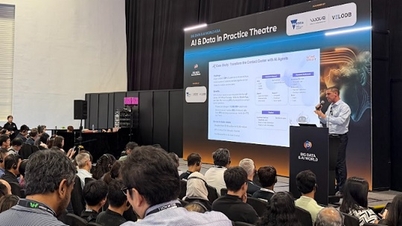



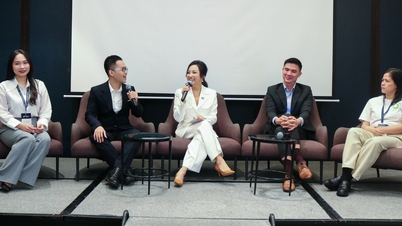






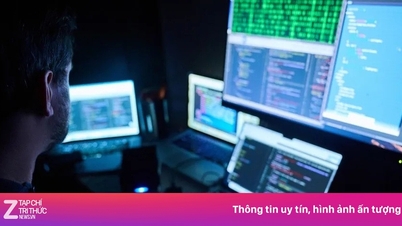

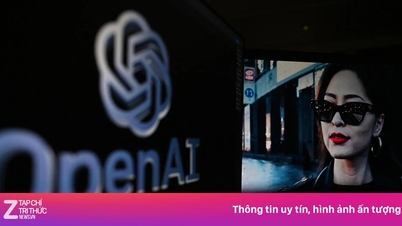
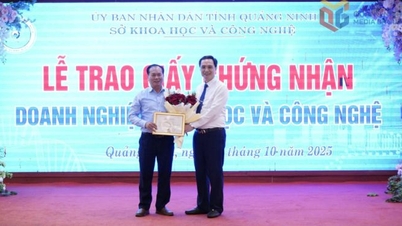
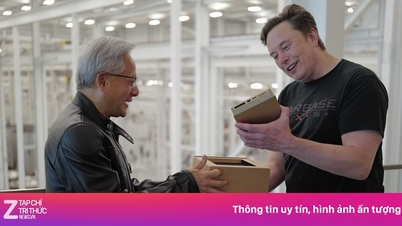
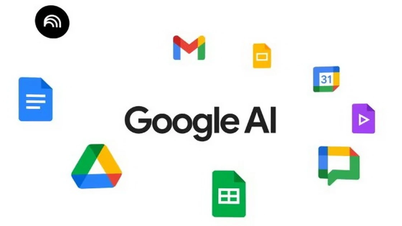










![[Photo] Ready for the 2025 Fall Fair](https://vphoto.vietnam.vn/thumb/1200x675/vietnam/resource/IMAGE/2025/10/14/1760456672454_ndo_br_chi-9796-jpg.webp)




























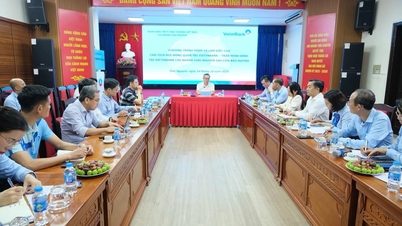







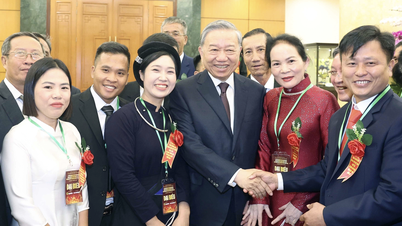




















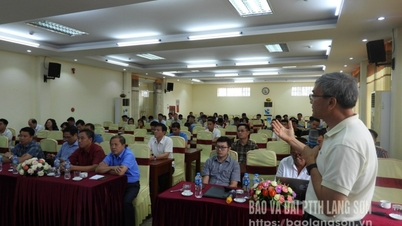


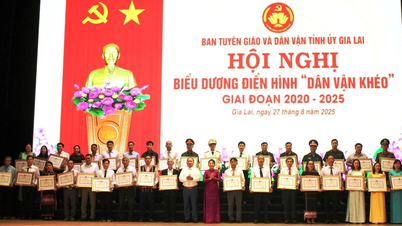


















Comment (0)